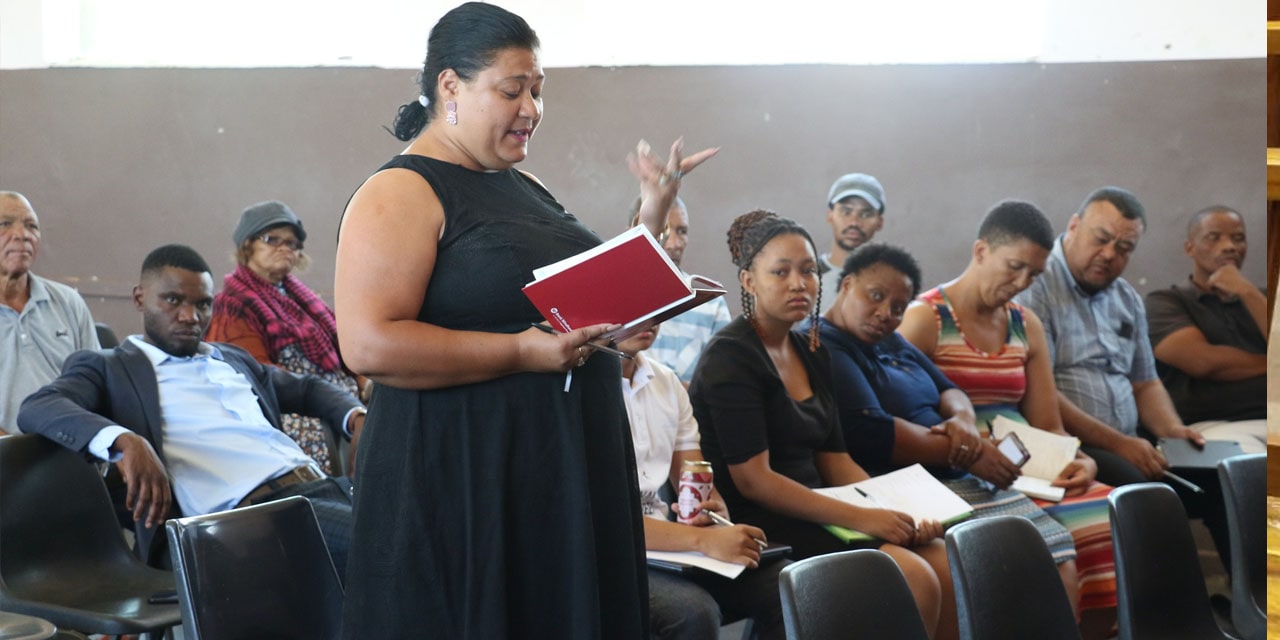Martin Endjala
The idea of free Wi-Fi across the country particularly in public places, towns, public transportation and schools, has been welcomed by some public members with a cautious mind, as some public members are concerned about the dangers it can bring while also being cognizant of the successes it can bring.
However, according to some public members in Luderitz, Bethanie and Keetmanshoop in the //Kharas region, free Wi-Fi will alternatively respond to local digital exclusion. Information Communication Technology stakeholders and Community members noted that it is often low-income communities that are getting left behind by the incumbent ICT infrastructure, bridging the gap between privileged and underprivileged access to information, stating that free Internet connectivity is central to providing this access.
Some public members also stressed that technological advancements aren’t equally available to all students, citing that education today is subject to a digital divide that makes equal access to the internet impossible.
This follows the ongoing Parliamentary Standing Committee on ICT and Innovation’s public hearings with various stakeholders in the ICT industry and members of the community about the free WiFi motion that was tabled.
The motion was tabled in the National Assembly by Modestus Amutse in February last year. Stakeholders in the ICT industry were invited on 12 September at Parliament to conduct Public Hearings which resulted in the establishment of a Task Force.
The engagements are aimed at soliciting input on the Motion. Similarly, the committee will conduct Public Hearings in the Hardap, Erongo, Kunene, Omusati, Oshana, Oshikoto and Otjozondjupa regions this week.
According to the Erongo region Governor, Neville Andre, the world is moving into a digital era, the Fourth Industrial Revolution, and Namibia needs to prepare itself, otherwise, it will be left behind. The governor said this during the parliamentary standing committee on ICT in the Erongo region.
He noted that the Erongo region is set to benefit from free Wi-Fi, particularly in the education and tourism sectors.
“The travel and tourism sector is particularly well-placed to reap the rewards because the Internet can enable further automation, more and a greater customer experience, especially to visitors so let’s not get left behind”, said the Governor.
Meanwhile, the free Wi-Fi Motion has received mixed views notably from some service providers such as Telecom in the concept of streamlining. Many have questioned the infrastructure in place considering free Wi-Fi.
A teacher at Tamariskia Primary School in Swakopmund Eicka Thys said that free Wi-Fi is a good initiative, although it may cause a lot of damage, adding that there is a need for user education and proper planning.
The Chairperson of the ICT Standing Committee Amutse stressed that this is a good connectivity and inclusivity to all as the country is moving into Digital inclusivity and access to information.
Another public member, Kaonde Kabuku, a teacher at a local school in Koës says advances in technology and availabilities are enabling dramatic changes in educational content, delivery, and accessibility, citing that free Wi-Fi will enable e-learning which he says will help learners to research, create and communicate new ideas.
“Learners get the chance to uplift their skills and gain knowledge apart from school education, one of the prime importance of e-learning is that it helps learners and teachers develop advanced skills,’’ said Kabuku
Furthermore, Abel Tjituaiza, a Principal at a Combined school in Koës, states that despite having Wi-Fi at their school, connectivity has been a challenge as the whole school connects to it, the internet has been a useful technology to the community which helps them not only in their daily lives but also in their professional lives for educational purposes, as educators. Tjuaiza further said that they have been using the internet to gather information and to do research or add to their knowledge of various subjects.




